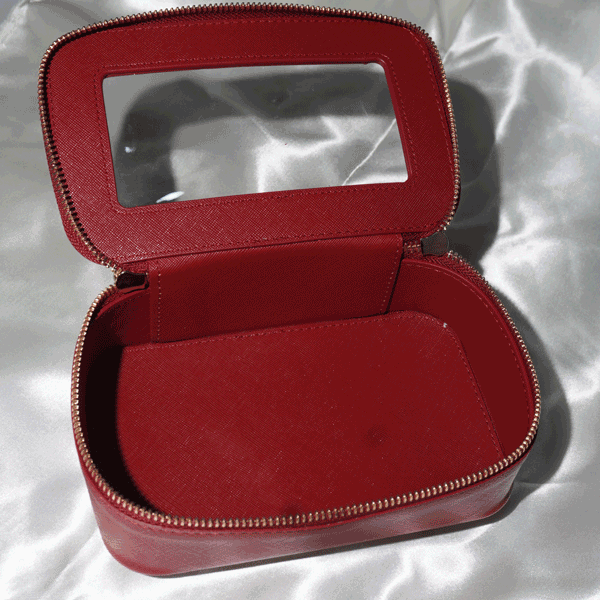In the world of eyewear, polarized sunglasses are often touted as the ultimate solution for glare reduction and visual comfort. But are they truly better than non-polarized lenses? This article explores the benefits, uses, and considerations of polarized sunglasses to help you make an informed choice.
What Are Polarized Sunglasses?
Polarized sunglasses are designed with a special filter that blocks intense reflected light, reducing glare and enhancing visual clarity. This feature makes them particularly beneficial for activities near water, snow, or other reflective surfaces.
How Do Polarized Sunglasses Work?
The Science Behind Polarization
Polarized lenses contain a chemical coating that filters light. This coating allows only vertical light waves to pass through while blocking horizontal waves, which are responsible for glare. This results in clearer, more comfortable vision, especially in bright conditions.
Improved Safety
By minimizing glare, polarized sunglasses improve visibility on the road and in other potentially hazardous environments. This reduction in glare can prevent accidents and enhance overall safety, particularly in bright and reflective conditions.
Protection from UV Rays
Many polarized sunglasses also offer UV protection, shielding your eyes from harmful ultraviolet rays. This dual protection ensures that while you’re reducing glare, you’re also safeguarding your eyes from potential long-term damage caused by UV exposure.
Comparing Polarized and Non-Polarized Lenses
- Glare Reduction: Polarized lenses significantly reduce glare, while non-polarized lenses do not.
- Visual Comfort: Polarized lenses enhance contrast and reduce eye strain.
- Cost: Polarized lenses are generally more expensive than non-polarized ones.
Benefits of Polarized Sunglasses
Enhanced Visual Clarity and Comfort
Polarized lenses provide sharper vision and reduce eye fatigue, making them ideal for activities like driving, boating, and fishing. The enhanced contrast also helps in distinguishing objects more clearly, which is beneficial in both everyday and specialized activities.
Enhanced Visual Clarity and Comfort
Polarized lenses provide sharper vision and reduce eye fatigue, making them ideal for activities like driving, boating, and fishing. The enhanced contrast also helps in distinguishing objects more clearly, which is beneficial in both everyday and specialized activities.
Considerations When Choosing Polarized Sunglasses
Activities and Environment
Polarized lenses are excellent for outdoor activities but may not be suitable for tasks that require viewing LCD screens, such as using a GPS or smartphone. The polarization can interfere with screen visibility, making it difficult to read electronic displays.
Quality and Brand
Investing in high-quality polarized sunglasses ensures better performance and durability. Consider reputable brands that offer polarized options, as they typically use superior materials and technology to enhance the benefits of polarization.
Considerations When Choosing Polarized Sunglasses
Outdoor Enthusiasts
Those who spend a lot of time outdoors, especially near water or snow, will benefit greatly from polarized lenses. Activities like fishing, skiing, and hiking become more enjoyable with reduced glare and better visual clarity.
Drivers
Polarized sunglasses can enhance safety and comfort for drivers by reducing glare from the road and other vehicles. This improvement in visibility can lead to a safer driving experience, particularly during sunny conditions or on wet roads.
Sensitive Eyes
Individuals with sensitive eyes or those prone to eye strain will find polarized lenses particularly helpful. The reduction in glare and improved visual comfort can make a significant difference in their daily lives.
Additional Benefits of Polarized Sunglasses
Aesthetic Appeal
Polarized sunglasses often come in a variety of stylish designs, catering to both fashion and function. This allows wearers to enjoy the benefits of polarization without compromising on style.
Versatility
Polarized lenses are versatile enough to be used in a variety of settings, from casual outings to professional environments. Whether you’re at the beach, on a mountain, or just walking in the city, polarized sunglasses can enhance your visual experience.
Enhanced Color Perception
Polarized lenses can improve color perception by filtering out the scattered light that can wash out colors. This leads to more vibrant and true-to-life colors, enhancing the visual experience.
Potential Drawbacks of Polarized Sunglasses
Difficulty with LCD Screens
One of the main drawbacks of polarized sunglasses is the difficulty in viewing LCD screens. This includes devices like smartphones, GPS units, and some car dashboards, where the screen might appear dim or completely dark.
Higher Cost
The advanced technology used in polarized lenses often makes them more expensive than non-polarized options. This can be a consideration for those on a tight budget, although the benefits often justify the higher price.
Not Always Necessary
For some people, especially those who are not frequently exposed to reflective glare, the benefits of polarized lenses might not outweigh the cost. In such cases, high-quality non-polarized sunglasses might suffice.
Polarized sunglasses offer numerous benefits, including reduced glare, enhanced visual clarity, and improved safety. While they may be more expensive, their advantages make them a worthwhile investment for many individuals. Consider your specific needs and activities when deciding if polarized sunglasses are the right choice for you.





